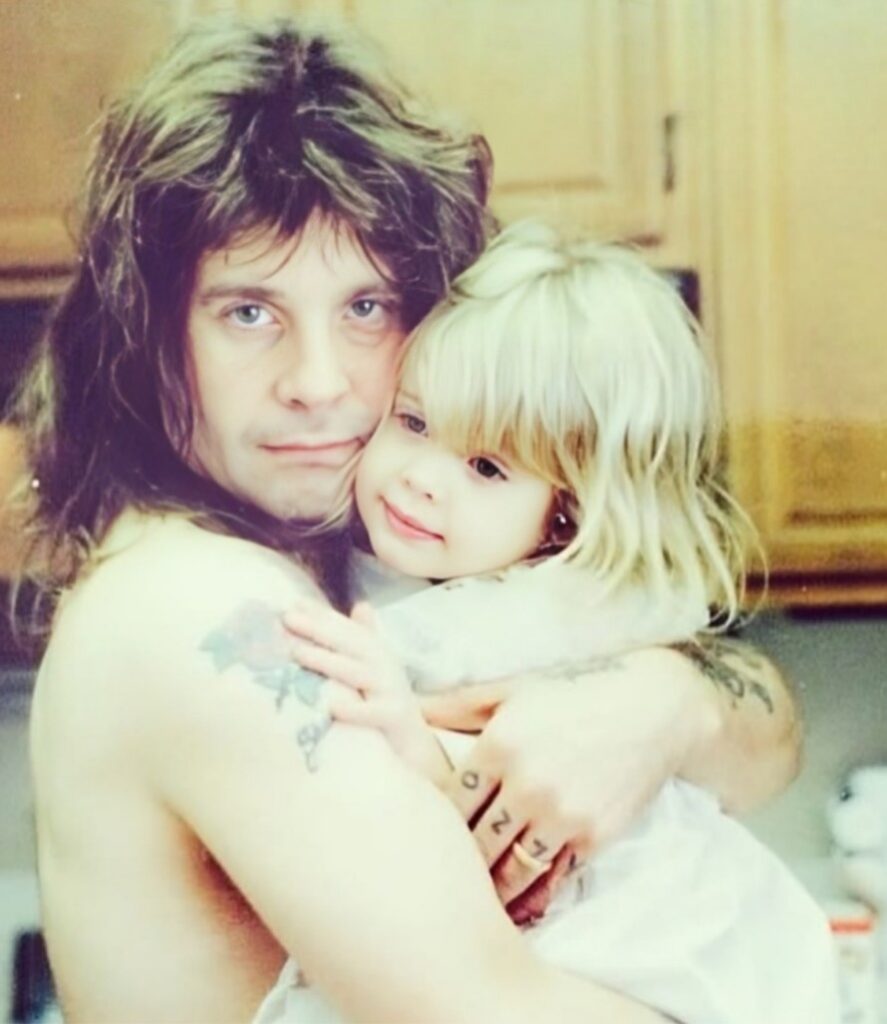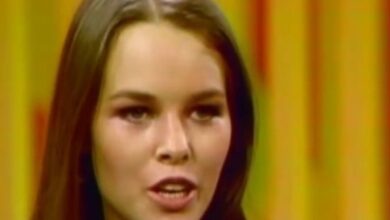A Song for All Time: The Enduring Power of Ozzy and Kelly Osbourne’s “Changes”
When Ozzy Osbourne joined his daughter Kelly for a heartfelt duet of “Changes” in 2003, audiences were treated to an intimate side of heavy metal’s notorious wildman. Instead of his usual larger-than-life persona, Ozzy appeared as a caring father, openly sharing his emotions alongside Kelly. What started as a personal and cathartic recording session between father and daughter quickly blossomed into a memorable and widely beloved chart-topper, cherished for its raw, vulnerable honesty and the special bond it represented.
“Changes” was originally penned by Black Sabbath in 1972. With its melancholy piano melody and introspective lyrics, the song reflected Tony Iommi and Geezer Butler’s songwriting and Ozzy’s own feelings about the turbulence in their bandmate Bill Ward’s life. Decades later, as Kelly faced her own highly public struggles and Ozzy continued to grapple with the realities of recovery and parenthood, the Osbournes revisited “Changes,” altering the lyrics so the song became a touching dialogue between a father watching his daughter grow up and a daughter leaving childhood behind.
Released in late 2003 at the peak of “The Osbournes” TV show’s fame, their version of “Changes” gave fans an entirely new lens through which to see the family. Studio footage of Kelly and Ozzy captured unscripted laughter and gentle affection, shattering any lingering stereotypes about Ozzy’s image. For Kelly, the duet was a turning point: it gave her newfound confidence on stage and introduced a supportive, nurturing father to the world—one who beamed with pride as he watched her sing.

The impact was immediate. “Changes” soared to the top of the UK Singles Chart, marking the first occasion a father and daughter duo claimed the number one spot. The single held onto its position for two consecutive weeks and became an emblem of authenticity for both the Osbournes and their fans. Critics and listeners alike praised the duet for its emotional clarity and openness, while Kelly later reflected that the song was the most sincere performance she’d ever given—especially since it was shared with her father.
Ozzy’s reaction each time he performed the song with Kelly was visibly emotional. He admitted that singing “Changes” often brought to the surface all the joy, pain, and gratitude that had shaped his life. There were moments he’d grow misty-eyed, thinking about how far he and his family had come. For fans, these live performances provided a window into Ozzy’s heart—a place where regret and love coexisted, and where he found meaning in simply being present for his daughter.
As time went on, “Changes” was featured during family celebrations, televised specials, and charity events, forging an even deeper legacy. Audiences could hear the vulnerability in Kelly’s vocals and the wisdom in Ozzy’s, their voices weaving together in moments that felt both breakable and enduring. The song’s influence extended far beyond the Osbourne household; many listeners wrote that it had inspired them to reconcile with estranged parents or children, making it a healing anthem for many families.
After Ozzy’s passing in July 2025, every verse and refrain of “Changes” felt newly poignant. Kelly’s public tribute—a simple line from the song, “I lost the best friend I ever had”—echoed with grief and gratitude. For countless fans, returning to the video of their duet became a source of comfort and reflection. It offered a rare glimpse of Ozzy’s gentleness and Kelly’s deep admiration, drawing together the Osbourne story in a way that words alone could not.
Social media soon lit up with clips of Kelly and Ozzy’s performances. Fans commented on how the love between father and daughter was unmistakable in every glance and gesture. “Watching them sing together, you can just feel the connection,” wrote one admirer. Another added, “No tribute will ever be as moving as this.” Even those who’d never considered themselves Ozzy fans found themselves captivated by the genuine affection woven through the song.
In the days following Ozzy’s death, Kelly expressed how music had always been their true connection—a language that bridged whatever words sometimes could not. She explained that “Changes” would forever serve as a pathway back to her father, a reminder of laughter and healing in the midst of life’s unpredictability. Sharon Osbourne, reflecting on the song, shared how much it meant to Ozzy to leave a legacy built not just on fame but on authentic, unwavering love for his family.
To Kelly, “Changes” became more than a chart-topping duet; it is a living thread through her life, stitching together memories of her father’s presence, both frail and fierce. Whenever she hears their voices together—sometimes shaky, sometimes soaring—she finds solace in the music. For Ozzy’s legions of admirers, the duet is a timeless reminder that even the boldest legends are shaped by the quiet moments they share with those they cherish most.
With Ozzy’s passing, “Changes” now resonates as more than just a successful collaboration—it’s a testament to a bond that overcame the chaos of rock stardom and the challenges of personal struggle. Through every note, the song tells the story of a family holding together against all odds, finding hope and grace in the space between heartbreak and healing.
For listeners, the last lines of “Changes” now carry an especially poignant significance:
“It took so long to realize, I can still hear his last goodbyes.”
That farewell, sung between a father and daughter, lingers on—not just in the music, but in the hearts of all who continue to listen and remember.





